Description
World War II was a media war President Franklin D Roosevelt used the press to a great extent of course but as the war progressed the media also came to influence commanders decisions on the battlefield Negative media pressure and the fear of V1 bombs damaging British morale provided the impetus for the breakout of Normandy and the unsuccessful attempt to liberate the Netherlands in the fall of 1944 Soon afterward Eisenhower was forced to hold the dangerously exposed city of Strasbourg because of French public opinion By VE Day even Eisenhower was attempting to get more publicity for American as opposed to Allied units
The Media Offensive offers a new way to understand militarymedia relations during World War II The press and public opinion shaped not only how the conflict was seen but also how it was fought Alexander Lovelace demonstrates that the US military repeatedly discovered that the best effects resulted from accurate news stories
Lovelace recasts World War II in a new and unique fashion by placing media and public opinion at the center of battlefield decisionmaking In what could be called the new history of war reporting the focus is switched from how the military controlled reporters to how military decisions were shaped by the press

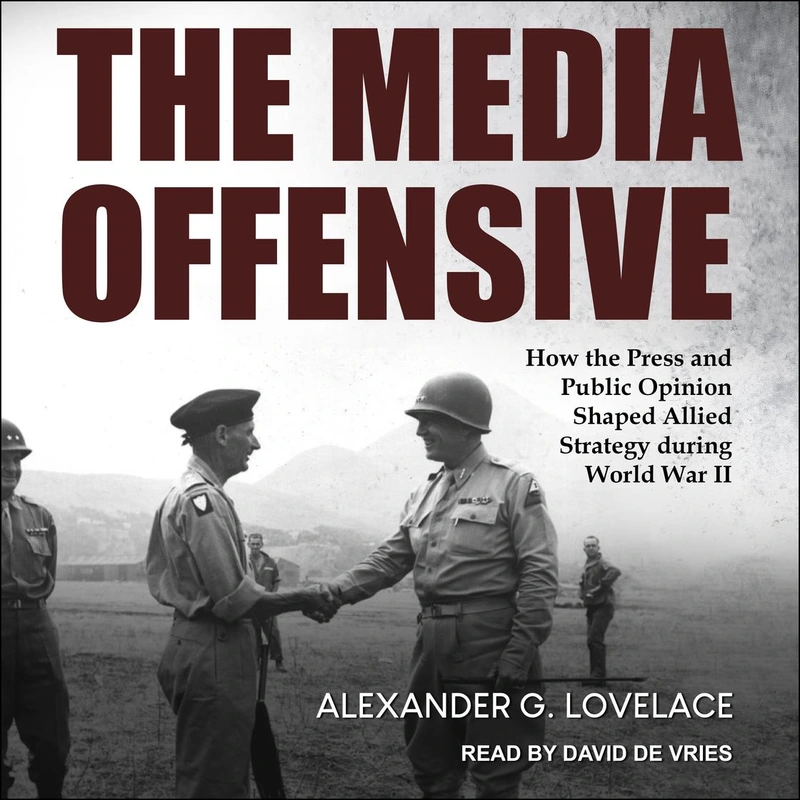
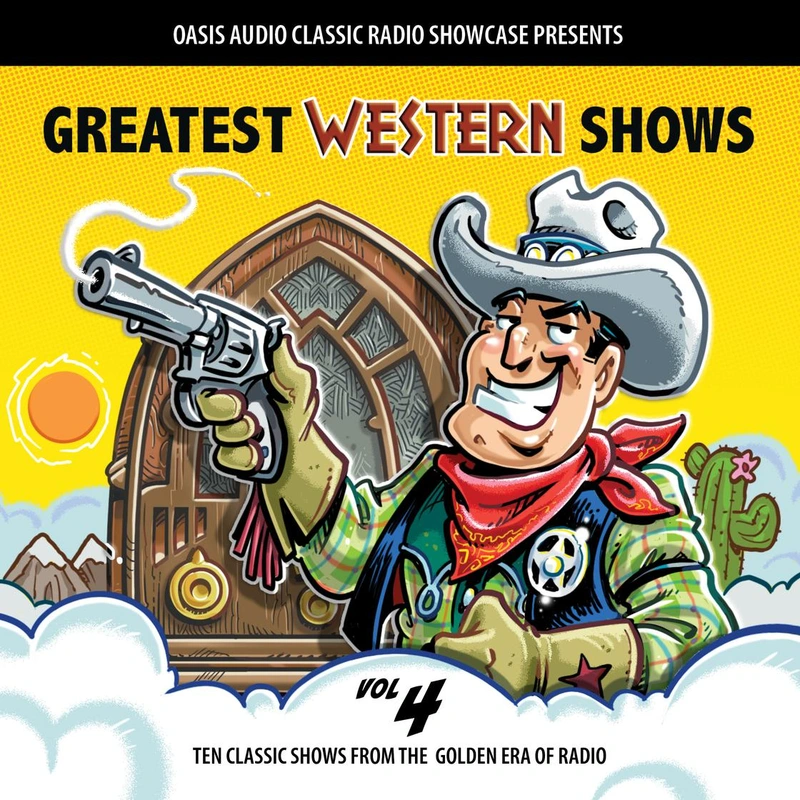
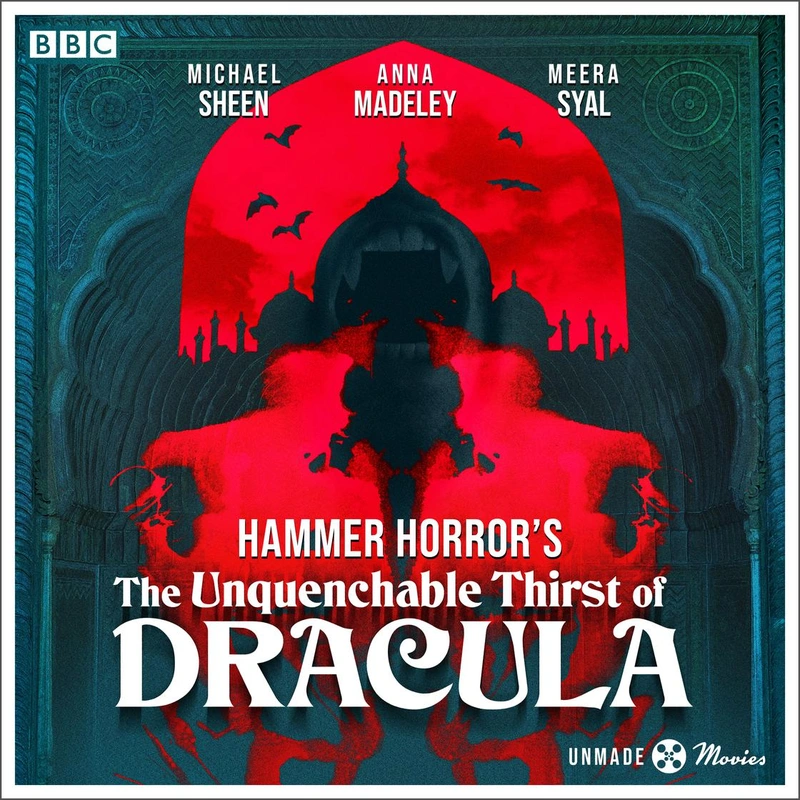
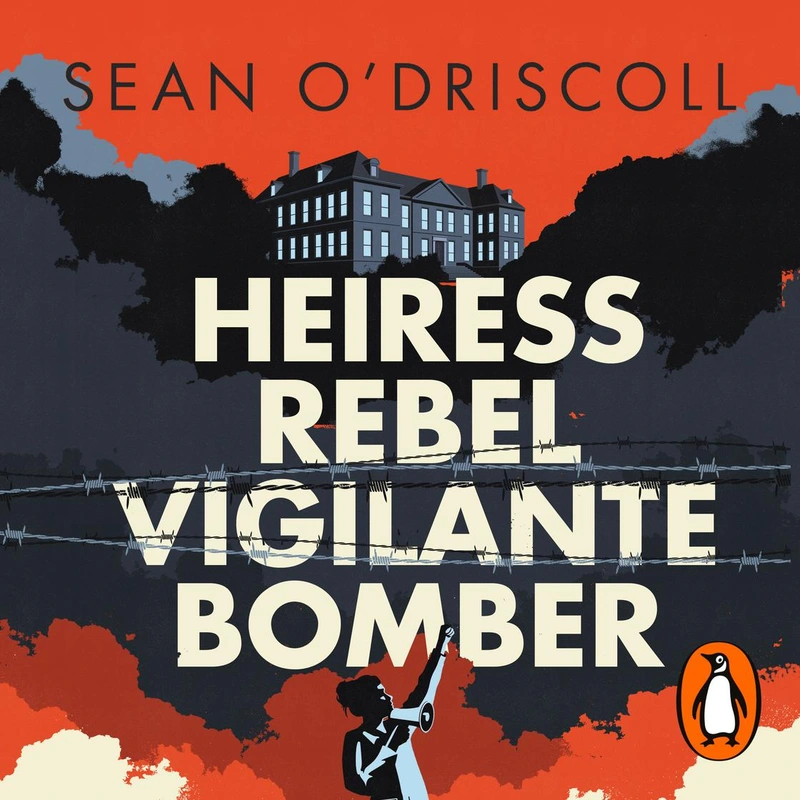
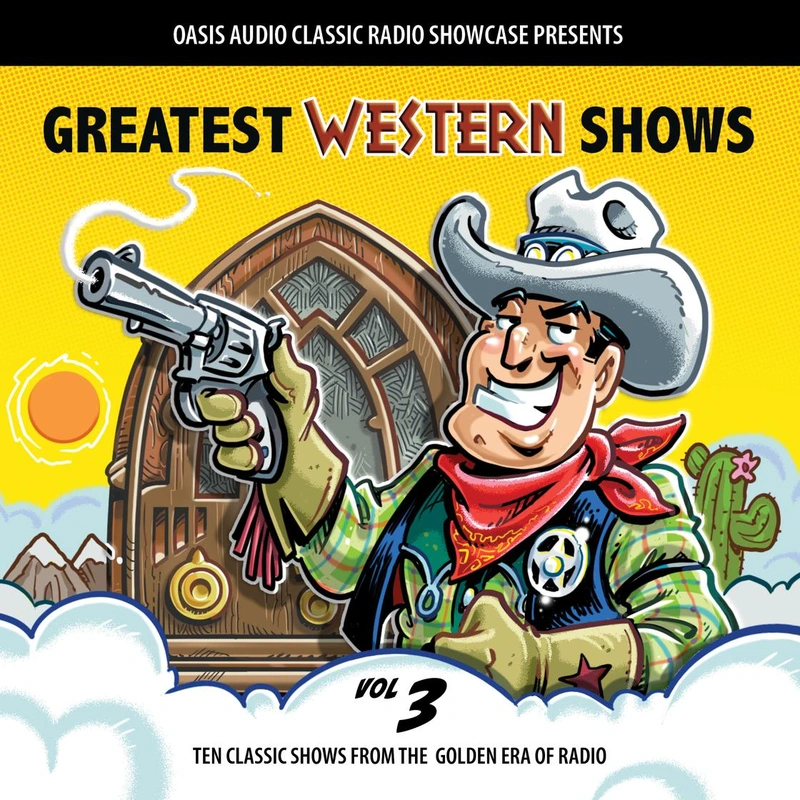
Reviews
There are no reviews yet.